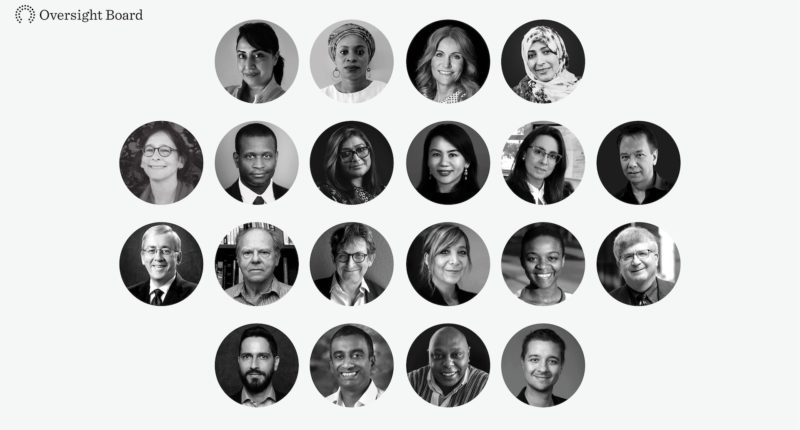Facebook has today announced the first 20 members of its proposed 40-member ‘Oversight Board’. The oversight board is an independent constituted by Facebook, that will primarily look after content governance and enforcement. The board was first pitched for by Mark Zuckerberg in 2018, in the aftermath of the Cambridge Analytica scandal. But the relevance of the board couldn’t be more, specially in current times, when trolling and hate speeches has become a dedicated tool to harass people online.
Back in November 2018, Zuckerbeg had said, “Facebook should not make so many important decisions about free expression and safety on our own.”. That statement can perhaps be considered as a bedrock for the creation of this oversight board.
The oversight board is an independent board within Facebook, that has been formed to exercise independent judgment over some of the most difficult and significant content decisions. In doing so, the social media behemoth has sought input from both critics and supporters of the platform, hosting a global consultation process of workshops and roundtables with more than 650 people in 88 different countries.
Today’s announcement comes with 20 board members. Facebook says that these members reflect a wide range of views and experiences. They have lived in over 27 countries, speak at least 29 languages and are all “committed to the mission” of the Oversight Board.
Talking about the level of autonomy these members will exercise, Nick Clegg, VP of Global Affairs and Communications said, “We expect them to make some decisions that we, at Facebook, will not always agree with – but that’s the point: they are truly autonomous in their exercise of independent judgment. We also expect that the board’s membership itself will face criticism. ”
In terms of member selection process, Facebook says that it “helped” kick off the member selection process by choosing four co-chairs, who have since been working with the platform to select the additional 16 members announced today. The selection of these co-chairs is extremely interesting. These co-chairs include two American professors of constitutional law — Michael McConnell from Stanford and Jamal Greene from Columbia Law. They are joined by former prime-minister of Denmark, Helle Thorning-Schmidt joins as the third co-chair. Catalina Botero-Marino, dean of a prominent law school in Colombia, completes the line-up as the fourth co-chair.
All co-chairs have also penned an op-ed in The New York Times, which can be read here.
Membership selection will continue in this way until the board has selected up to 40 members, at which point it alone will take responsibility for selection of members in future.




